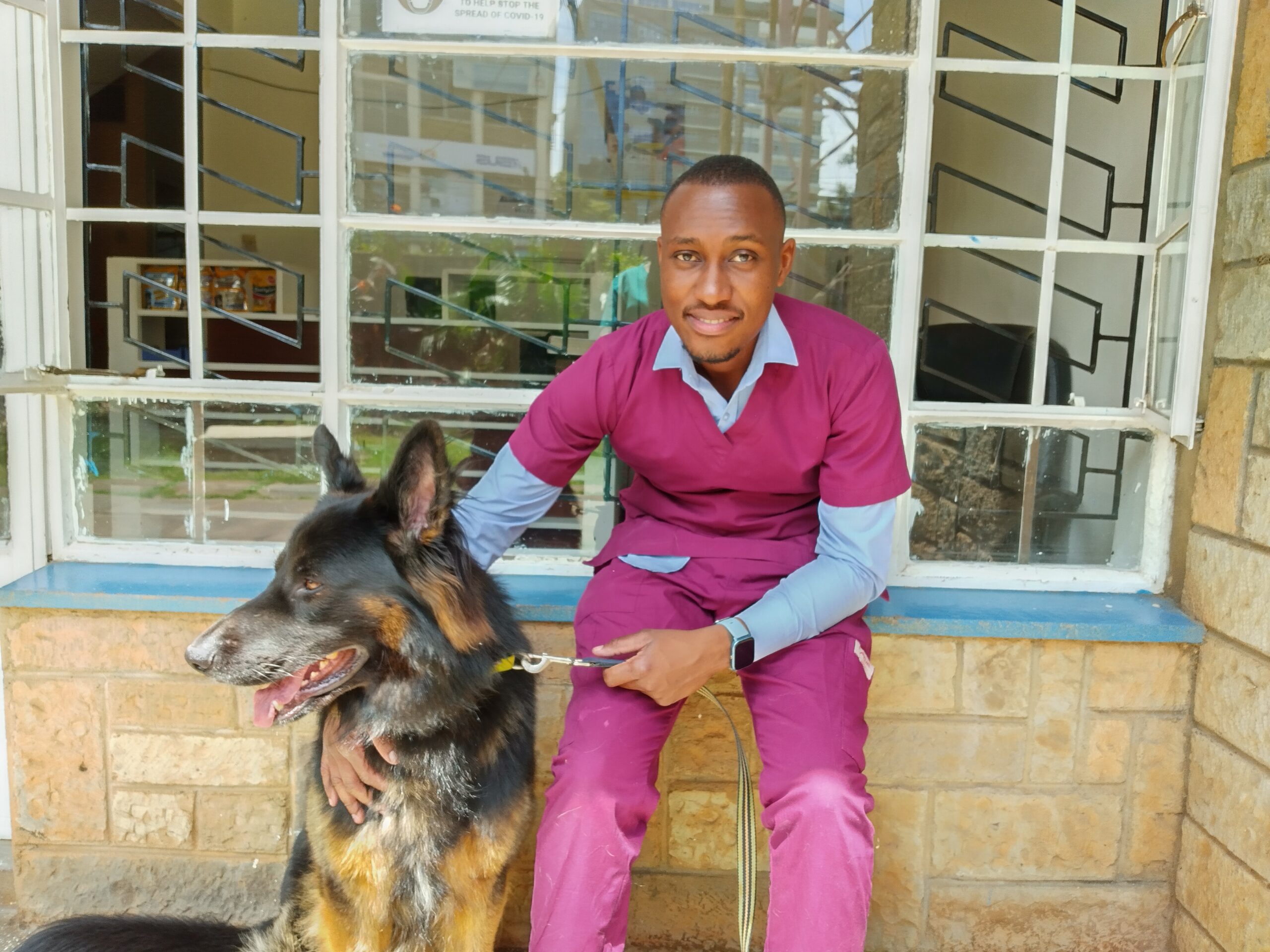Ringworm in dogs is a common fungal infection that affects the skin, hair, and sometimes the nails. It is caused by various species of fungi known as dermatophytes. Despite its name, ringworm is not caused by worms but rather by these fungal organisms. Ringworm can be easily transmitted between dogs, cats, and even humans.
Management of ringworm in dogs involves a combination of treatment, hygiene measures, and preventive strategies. Here’s an overview of the steps involved:
Ringworm in Dogs.
- Veterinary Examination: If you suspect your dog has ringworm, it is essential to take them to a veterinarian for a proper diagnosis. The vet will perform a thorough examination and may conduct tests such as a Wood’s lamp examination or fungal culture to confirm the presence of ringworm.
- Treatment: The treatment of ringworm typically involves a multi-faceted approach, which may include the following:
- Topical Medications: Antifungal creams, ointments, or shampoos containing ingredients like miconazole or chlorhexidine may be prescribed to apply to the affected areas. Follow the instructions provided by your vet regarding the application frequency and duration of treatment.
- Oral Medications: In some cases, oral antifungal medications such as terbinafine or itraconazole may be prescribed, especially if the infection is severe or widespread.
- Environmental Decontamination: It is crucial to thoroughly clean and disinfect your dog’s living environment. Vacuum the house regularly, wash bedding, toys, and other items that may have come into contact with the infected dog. Fungal spores can survive in the environment for a long time, so diligent cleaning is necessary.
- Isolation: Infected dogs should be kept separate from other pets in the household to prevent the spread of the infection.
- Hygiene Measures:
- Personal Protective Equipment: When handling an infected dog or cleaning their environment, wearing gloves can help protect you from contracting ringworm.
- Handwashing: Always wash your hands thoroughly after handling an infected dog to minimize the risk of spreading the infection.
- Prevention:
- Good Hygiene Practices: Regularly groom your dog to keep their coat clean and free from dirt and debris. This can help prevent fungal spores from establishing an infection.
- Avoid Contact with Infected Animals: If you know that a dog or cat is infected with ringworm, keep your dog away from them until they have been successfully treated.
- Environmental Control: Ensure that your dog’s living environment is clean, well-ventilated, and receives adequate sunlight. Fungal spores thrive in warm, moist, and dark conditions, so proper ventilation and sunlight exposure can help prevent their growth.
- Regular Veterinary Check-ups: Routine veterinary visits can help identify and address any potential health issues, including ringworm, in the early stages.
Remember, ringworm can be contagious to humans, so it’s essential to take necessary precautions to protect yourself and other pets in the household. If you suspect you or other family members have contracted ringworm, seek medical attention promptly.
It’s crucial to consult with a veterinarian for accurate diagnosis, personalized treatment plans, and specific advice tailored to your dog’s individual needs.







